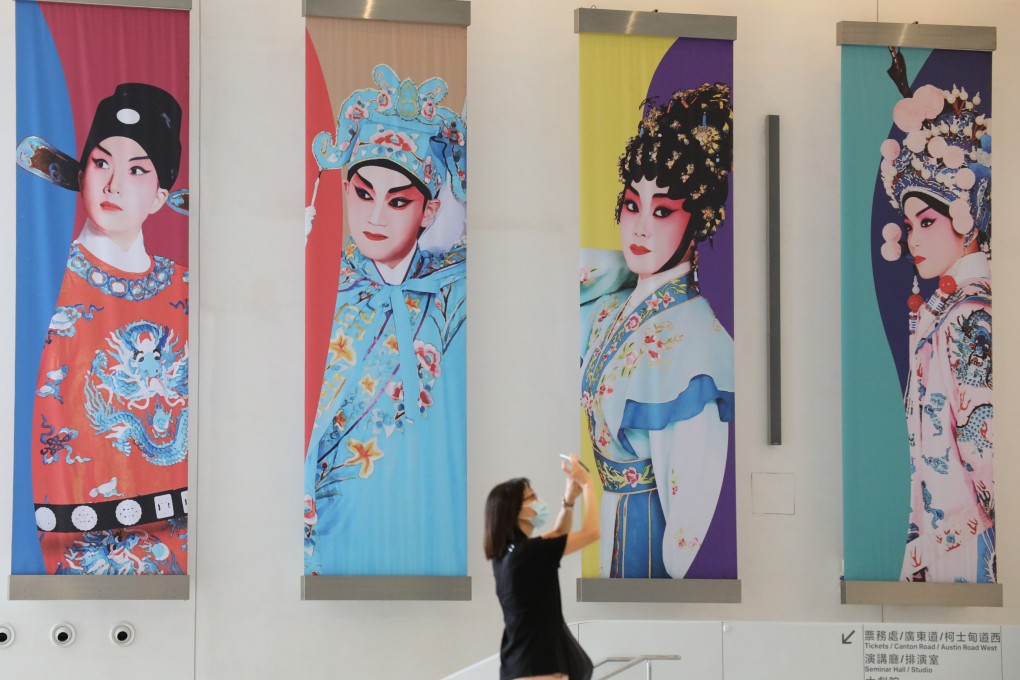Letters | Hongkongers’ ideas of patriotism must be based in Chinese culture
- Readers discuss Hongkongers’ understanding of patriotism, changes in dominant currencies, the state of reporting on the pandemic and the need for a children’s commissioner

The recent Legislative Council election had the theme of “patriots governing Hong Kong”, and this will continue in the upcoming chief executive election. Over time, Hongkongers have been influenced by other cultures, particularly the West and Japan. Given these influences, when faced with a question about their identity as patriots, they will assess China as though it is comparable to other countries or cultures.
Patriotism is defined differently from what Hongkongers assume, though. In the Oxford dictionary, a “patriot” is a “person who vigorously supports their country and is prepared to defend it against enemies or detractors”. In the Contemporary Chinese Dictionary, a “patriot” is simply a person loyal to and enthusiastic about their country.
Chinese patriotism is different from the Western kind. Early in the Qin dynasty, the empire ended strife among the different tribes. After this, except the invasions that led to the Yuan and Qing dynasties, the end came to most empires as coups, essentially. New dynasties rose with the people’s support, with a view to better lives.
With the Qin dynasty unifying the system of writing and the Han beginning to institutionalise Confucianism, over time, the Chinese people had a unified sense of Chinese culture. At one time, the Chinese considered themselves the only civilised country in the world as well as the “middle kingdom” at the centre of all things.
This sense of self-importance helped Chinese patriotism grow until the 19th century, when China was defeated and carved up by more modernised countries. Patriotism suffered as a result, but modern China’s defence of national dignity and territorial integrity has returned patriotism to its rightful place.
The answer to whether we are patriots does not depend on how much we love China but whether we share Chinese culture. We still share in our nation’s dignity, and we still look forward to there being only one China on the world map.
